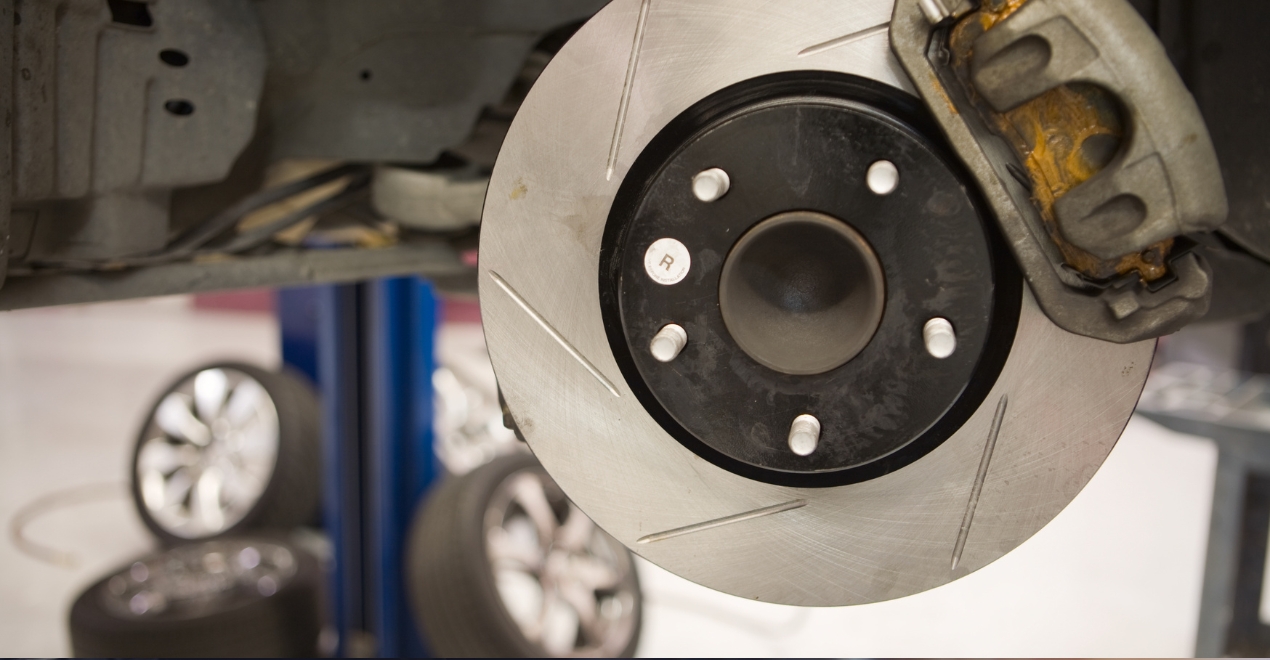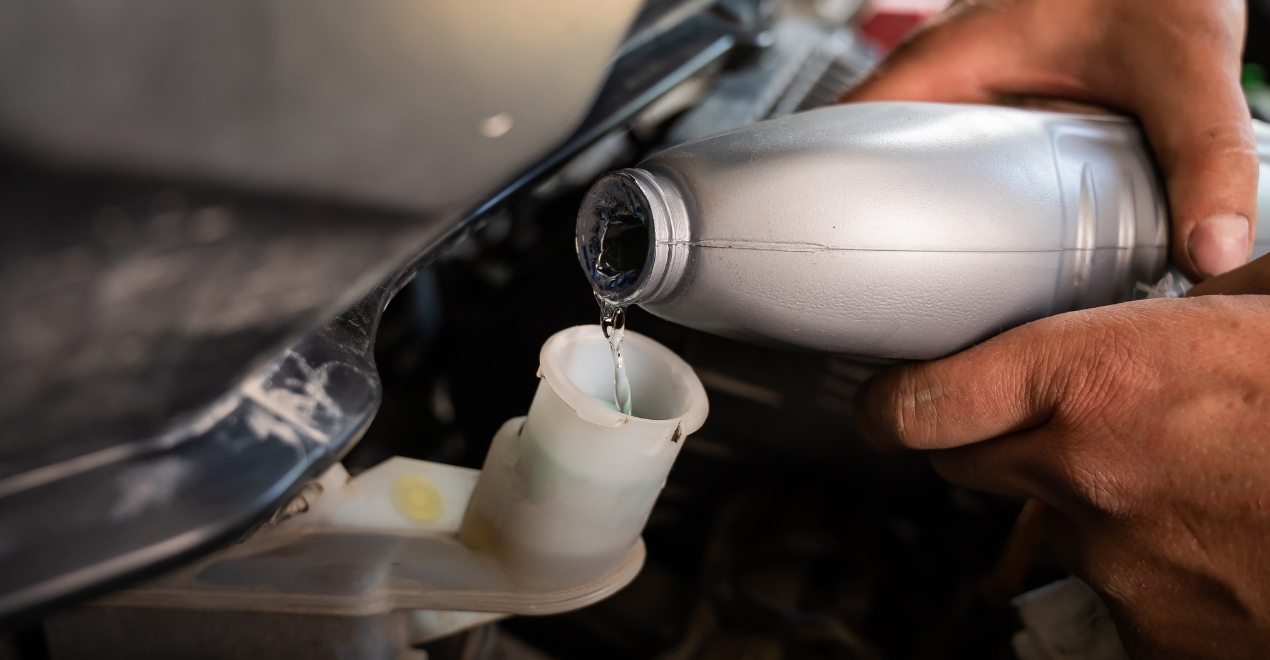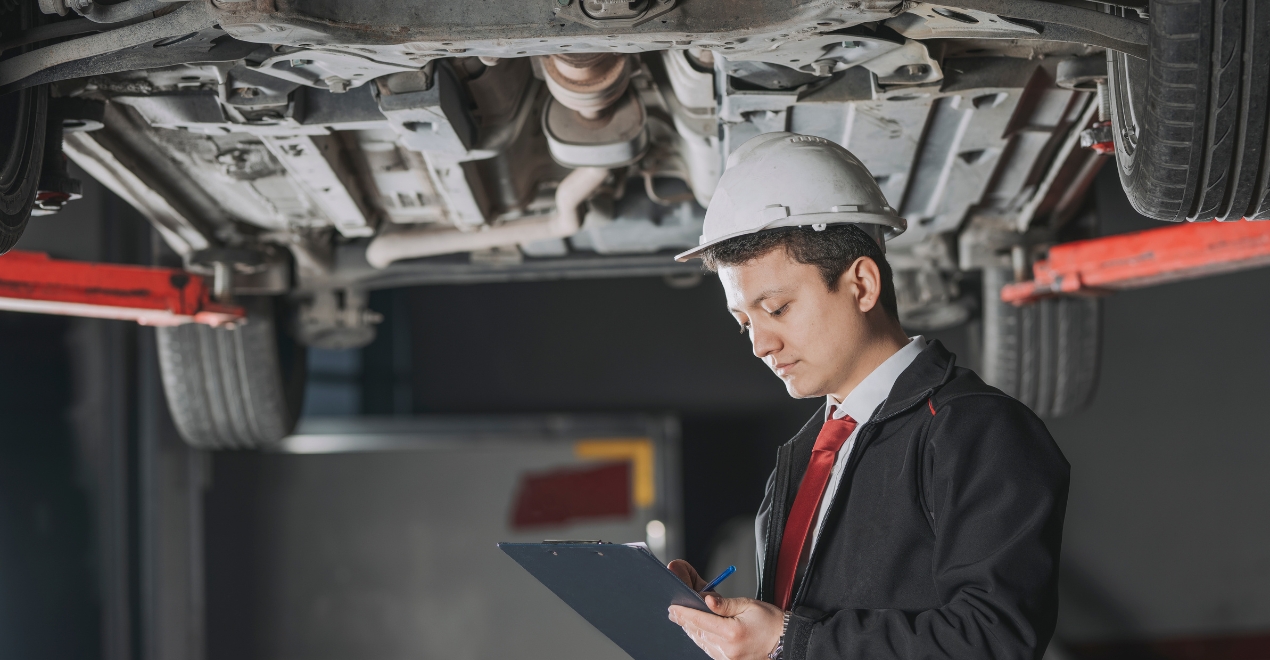When you’re driving, a smooth and responsive braking system is essential for both safety and comfort. However, experiencing jerking or pulsation when stopping can be alarming and indicative of underlying issues. Understanding the reasons behind this can help in diagnosing and fixing the problem efficiently. Here, we delve into five common reasons why your brakes might be brakes jerking when you stop. Experiencing jerky brakes? Contact Crossroads Helpline today for expert diagnostics and doorstep repair services!
Table of Contents
ToggleWarped Brake Rotors

The Nature of Warped Rotors
Brake rotors are crucial components of the braking system, providing a surface for the brake pads to clamp onto and generate friction to slow down the vehicle. Warped rotors occur when the surface of the rotor becomes uneven. This warping can be caused by excessive heat build-up during braking, uneven torque on the lug nuts, or improper rotor installation.
How Warped Rotors Cause Brakes Jerking
When brake rotors warp, they create an uneven surface that the brake pads struggle to clamp onto smoothly. This inconsistency causes the pads to make intermittent contact with the rotor, leading to a pulsating sensation that you feel through the brake pedal. The severity of this jerking can vary depending on the extent of the warping and the speed at which you’re stopping.
Diagnosing and Fixing Warped Rotors
To diagnose warped rotors, a mechanic will typically measure the rotor’s thickness at multiple points to check for uneven wear. If warping is confirmed, the rotors might need to be resurfaced or replaced entirely. Regular maintenance, such as properly torquing lug nuts and avoiding sudden, aggressive braking, can help prevent rotor warping.
Worn-Out Brake Pads
Understanding Brake Pad Wear
Brake pads are designed to wear down over time as they create friction against the rotors to slow the vehicle. However, when they become excessively worn, they can cause a variety of braking issues, including brakes jerking.
The Impact of Worn-Out Pads
When brake pads wear down to the point where their material is nearly depleted, they may not make uniform contact with the rotor. This inconsistent contact can lead to vibrations or brakes jerking sensations during braking. Additionally, worn pads can cause damage to the rotors, exacerbating the problem.
Preventing and Addressing Worn-Out Pads
Regular brake inspections are crucial to ensure that brake pads are replaced before they become excessively worn. Most manufacturers recommend checking the brakes every 10,000 to 15,000 miles. Using high-quality brake pads and ensuring they are installed correctly can also prolong their lifespan and improve braking performance.
Contaminated Brake Fluid

The Role of Brake Fluid
Brake fluid is a hydraulic fluid that transfers the force from the brake pedal to the brake calipers, which then press the brake pads against the rotors. Over time, brake fluid can become contaminated with moisture, dirt, and debris, affecting its performance.
Effects of Contaminated Brake Fluid
Contaminated brake fluid can lead to a spongy or unresponsive brake pedal, and in some cases, it can cause brakes jerking during braking. Moisture in the brake fluid lowers its boiling point, which can result in vapor pockets forming in the braking system. These vapor pockets compress under braking force, causing uneven pressure application and brakes jerking.
Maintaining Brake Fluid
Brake fluid should be replaced every 20,000 to 45,000 miles, depending on the manufacturer’s recommendations and driving conditions. Regularly checking the brake fluid level and ensuring the system is free of contaminants can prevent many braking issues. If contaminated brake fluid is suspected, a complete brake fluid flush and replacement is necessary.
Faulty Brake Calipers
The Function of Brake Calipers
Brake calipers house the brake pads and pistons, playing a pivotal role in the braking process. They squeeze the brake pads against the rotors to create the necessary friction for slowing down the vehicle.
Problems with Faulty Calipers
Brake calipers can develop issues such as sticking, leaking, or seizing. A sticking caliper occurs when the piston doesn’t retract fully after the brake pedal is released, causing continuous pressure on the rotor. This can lead to uneven braking and brakes jerking sensations. A leaking caliper can introduce air into the brake lines, causing a soft brake pedal and inconsistent braking force.
Addressing Caliper Issues
To diagnose caliper problems, a mechanic will inspect the brake system for signs of leakage, uneven brake pad wear, and caliper movement. Sticking calipers might need to be cleaned and lubricated or replaced if they are severely damaged. Regular maintenance and timely replacement of brake components can prevent caliper-related issues.
ABS Malfunctions

The Role of ABS
The Anti-lock Braking System (ABS) is designed to prevent wheel lock-up during sudden braking, maintaining traction and control. It works by rapidly pulsing the brake pressure to the wheels.
ABS-Related Jerking
ABS malfunctions can cause a brakes jerking sensation when stopping, especially if the system activates unnecessarily. Faulty wheel speed sensors, damaged ABS rings, or electrical issues can trigger the ABS to engage even when it isn’t needed, leading to a pulsating or jerking feeling.
Diagnosing and Fixing ABS Issues
ABS problems are often diagnosed using a scan tool that reads error codes from the vehicle’s onboard computer. Addressing ABS issues might involve replacing faulty sensors, repairing damaged wiring, or replacing the ABS control module. Regular inspections and prompt attention to warning lights can help keep the ABS functioning correctly.
Conclusion
Experiencing brakes jerking when braking is not only uncomfortable but can also indicate serious issues within the braking system. Warped rotors, worn-out brake pads, contaminated brake fluid, faulty calipers, and ABS malfunctions are common culprits. Regular maintenance and timely repairs are essential to ensure a smooth and safe braking experience. If you notice any unusual braking behavior, it’s crucial to have your vehicle inspected by a professional to diagnose and fix the problem promptly. By understanding these common reasons, you can take proactive steps to maintain your braking system and ensure your safety on the road.

